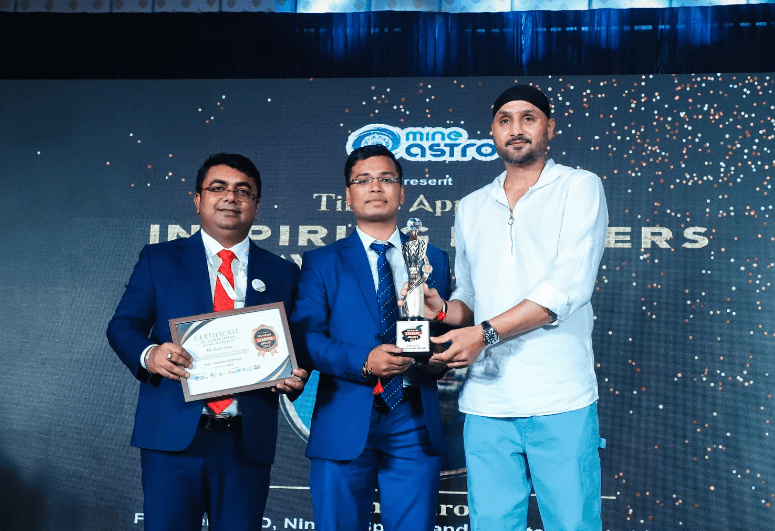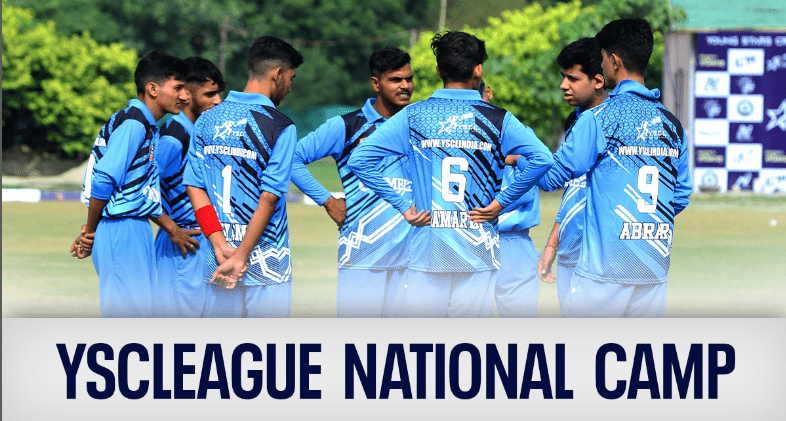One’s the captain of the India XI that’s in the middle of a dream run, a match away from lifting the World Cup; the other a former captain who is known to wear his heart on his sleeve. Sandeep Dwivedi on the two pals – teen prodigies once, fathers of young daughters now – and their winning formula.

About a year ago, around the T20 World Cup in Australia, some important conversations took place in the Indian dressing room. Back then, the present day leadership — captain Rohit Sharma, coach Rahul Dravid and his assistants — was relatively new to the job. The team’s superstar Virat Kohli, fresh out of captaincy, had publicly been angsty about his unceremonious exit. He was also out of form.
The team needed to talk and just for that, Dravid had coaxed the Indian board to hire cricket’s most famous sounding board – mental guru Paddy Upton. An avid surfer, one-time backpacker, first-class cricketer, Upton was with M S Dhoni’s team when India won the 2011 World Cup. Now, he was returning to the team and to a country that seemed burdened with a worrying question: So used to being King Kohli, will Virat adjust to the life of a commoner?
Cut to 2023. Just a few weeks ago, while in the middle of his dream World Cup run, Virat acknowledged Upton’s role in his turnaround. He said it was the South African sports psychologist who woke him up to the harsh realities of a long career and the inevitability of the ups and downs that keep dropping by. He also shared a simple Upton advice that had stayed with him: “Keep doing things that you did when you were playing good cricket.”

This realisation would prove to be Virat’s transformative eureka moment. It would also be the turning point for Rohit and Dravid’s Team India. Chances are history could well register it as the moment when the first seed of India’s most-commanding World Cup triumph ever was sown. With 711 runs, Virat is this World Cup’s highest run-getter. The man searching for a glimmer of light in the dark tunnel a year ago is now a step away from the sparkling Cup and the glittering open-bus parade, and is being hailed as the perennially shining Sun on the Indian cricket horizon.
It all changed when Virat, to be his old self, didn’t do anything new. This wasn’t just about going back to his time-tested batting rhythm. It was also about not restricting his swagger, not quitting from being the team’s cheerleader, chief protestor and bugle-blowing frontline warrior. This was about being a leader despite losing the captaincy. Virat might not have the ownership of the team but he did retain the power of attorney.
And giving him the space, authority and the luxury to be himself were Indian cricket’s two most accommodative, pragmatic and low-key leaders — captain Rohit and coach Dravid.

Behind India’s 2023 World Cup success is a beautiful story of two pals — teen prodigies once, fathers of young daughters now — not letting rumours, misunderstandings and professional upheavals erode the mutual respect they had maintained for each other for about a decade and a half. It is also about another batting great from the previous generation, never a World Cup winner, wiser after learning from his own mistakes in handling a star-studded team of the past, playing the sagacious sherpa and guiding the two weather-hardened summit challengers.
Rohit: ‘An incredible man manager’
Upton has a reputation that goes beyond cricket. His latest employers were Hockey India — and the boys he worked had ended up with the gold at the Asian Games. He is now back in Cape Town, following the World Cup in India from a distance. He agrees for an interview on the day India is playing New Zealand in the semi-final at Wankhede. When he takes the call, Rohit is on the central square of his home but he comes across as a kamikaze fighter in the middle of a sortie. Upton has an eye on the game as he talks.
The articulate Upton, now in his mid-50s, has seen cricket’s biggest stars at their weakest worst. A thorough professional, he avoids specifics. But he does share the overview of the leadership group he worked closely with during his stint in 2022 — the time when the Indian team was a slow-crawling caterpillar and not the delightfully fluttering butterfly of the present.




